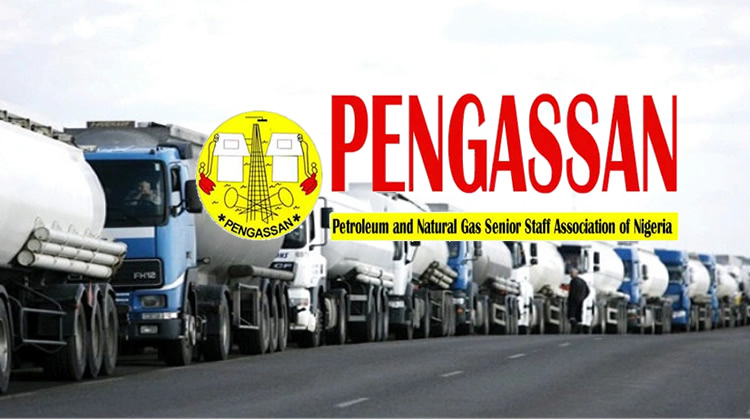The Federal Government has formally banned the Petroleum and Natural Gas Senior Staff Association of Nigeria (PENGASSAN) from initiating any strike action in its ongoing dispute with the Dangote Petroleum Refinery. The directive comes amid growing tensions over a labour standoff that threatened to disrupt refinery operations.
Lens News gathered that the government’s position was reinforced by the Nigeria Export Processing Zones Authority (NEPZA), which reiterated that industrial actions including strikes and lockout are prohibited for up to ten years in free trade zones such as the one housing Dangote’s facility. NEPZA cited Section 18(5) of the NEPZA Act, which mandates that all disputes in these zones be resolved through administrative processes, not external labour action.
In a statement, NEPZA’s Managing Director Dr. Olufemi Ogunyemi clarified that although workers retain rights to unionise and bargain collectively, any industrial grievances at free zone facilities must be routed through NEPZA’s “one-stop shop” dispute resolution mechanism. He stressed that where conflicts arise between the Trade Unions Act or Trade Disputes Act and Section 18(5), the NEPZA statute takes legal precedence.
PENGASSAN had earlier ordered a halt to gas and crude supplies to the refinery to protest the dismissal of over 800 workers, accusing management of replacing them with non-Nigerians under the guise of restructuring. The union claimed the refinery’s actions amounted to unfair labour practices.
The refinery, however, denied the scale of the dismissal, saying only a select number of staff involved in acts of sabotage were affected. It maintained it was not against unionism and reaffirmed its openness to dialogue.
Facing potential operational disruption, the government intervened to prevent escalation. Judicial processes had already begun, including court orders barring PENGASSAN from obstructing crude and gas supply to Dangote’s operations.
The ban underscores the government’s resolve to shield strategic infrastructure from labour disruptions and to enforce the legal framework governing free trade zones.










